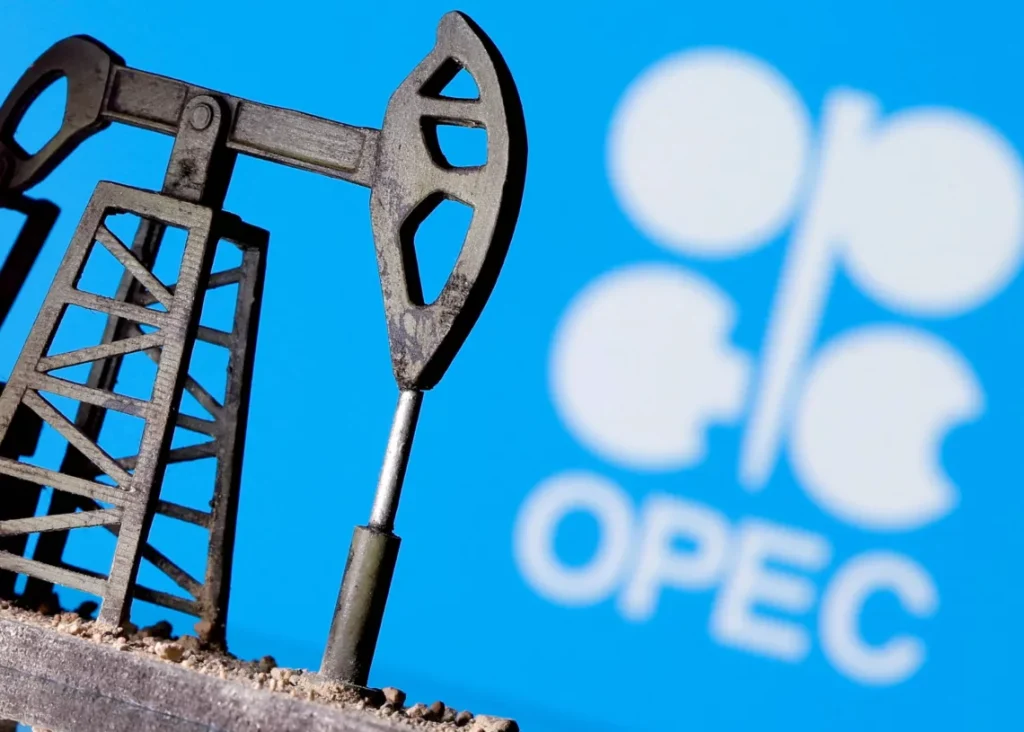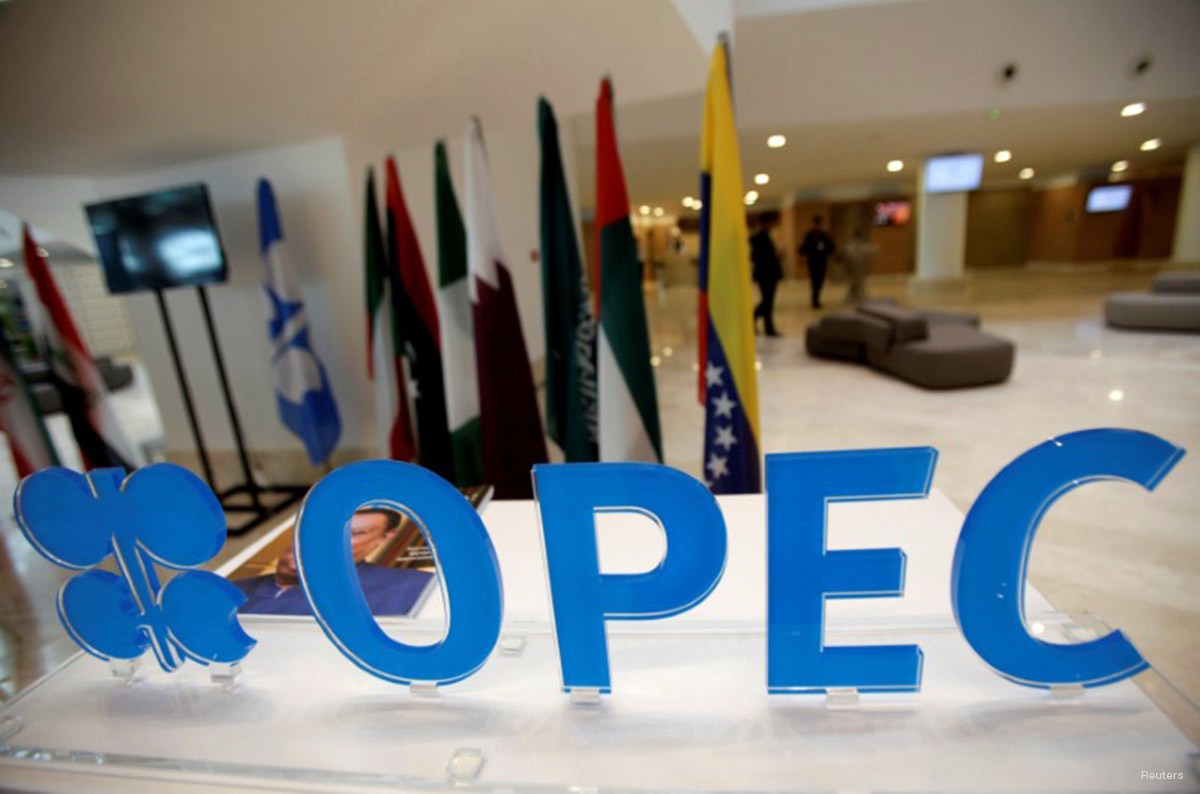Eight members of the OPEC+ alliance announced on Sunday they will collectively boost oil production by 547,000 barrels per day starting in September 2025, as part of a phased rollback of previous output cuts. The decision, which affects Saudi Arabia, Russia, Iraq, the UAE, Kuwait, Kazakhstan, Algeria, and Oman, represents a 1.5% increase in their current combined output of approximately 41–42 million barrels daily.
The move comes during stable oil prices, with Brent crude currently trading around $70 a barrel. Analysts believe the production hike is unlikely to significantly affect prices in the short term but reflects a broader strategy by producers to reclaim market share while maintaining market stability.
According to a statement issued after the group’s latest meeting, the decision was based on “current healthy oil market fundamentals” and a steady global economic outlook. OPEC+ members had originally agreed in December to gradually reverse the 2.2 million barrels per day in voluntary cuts, beginning in April 2025. This latest increase is part of that ongoing process.

Jorge Leon of Rystad Energy noted that OPEC+ has successfully managed to reintegrate part of the production without destabilising prices or group unity. However, he warned that the remaining 1.66 million barrels of cuts will be more difficult to unwind, especially in a tense geopolitical climate.
The statement added that the phase-out could be paused or reversed if market conditions shift. The eight countries also confirmed they would hold monthly meetings to reassess the situation and adjust accordingly.
In recent years, the wider OPEC+ coalition—which includes the 12 OPEC nations and their allies—has introduced three rounds of production cuts, totalling nearly six million barrels per day, to support global oil prices.
Ahead of the announcement, UBS analyst Giovanni Staunovo suggested the planned output hike was already anticipated by markets, with Brent expected to hover near its current price despite the change.


 Trending
Trending 